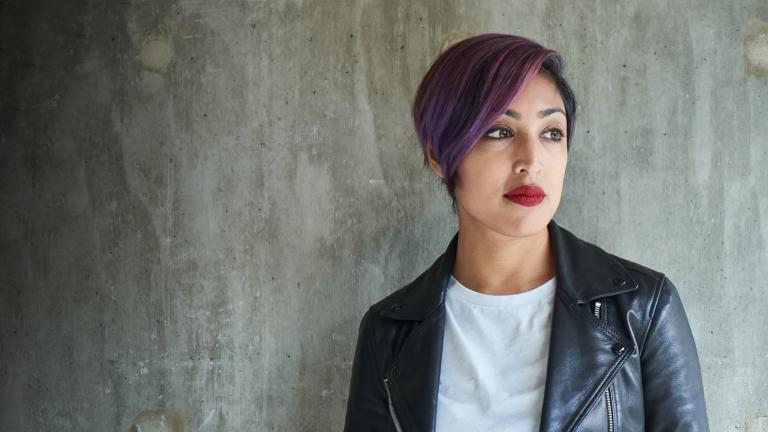This release is more than two years old
This release is more than two years old. For additional information, please contact Amanda Gaudes from our Media Relations team.
News release details
Is artificial intelligence (AI) the most dangerous global threat to human rights? Or is it a powerful force for good? One of North America’s most influential experts in AI and machine learning, Dr. Rumman Chowdhury, will explore this question in a much‐anticipated online event on November 19.
Moderated by Harvard University human rights researcher Dragana Kaurin, this free virtual lecture and discussion was organized by the Canadian Museum for Human Rights (CMHR) in partnership with Zena Simces and Dr. Simon Rabkin for the second annual Simces & Rabkin Family Dialogue on Human Rights.
Last week, Canada’s privacy commissioner issued recommendations to regulate AI to protect Canadians' privacy and human rights. Internet data has been described as “the new oil” driving a global tech economy worth billions of dollars. “This economy cannot grow without the extraction of massive amount of data,” Chowdhury says. “To succeed, you need to create the infrastructure and own the assets that collect and store this data.”
Wealthy multinational companies, some controlled by authoritarian governments, have rapidly established a “surveillance ecosystem” that extends beyond facial recognition software to potential control of entire government databases. At the same time, invasive apps mine personal data and de‐humanize interactions that are the “lifeblood” of society, she says.
“Technology doesn’t exist in a bubble – it’s an interaction between humanity and science, so we all have a role in making it better.”
WHAT: AI expert Dr. Rumman Chowdhury – online lecture and conversation
WHEN: Thursday, November 19, 7 p.m. CST
WHERE: Live on Zoom (online). Please register in advance. Free.
Chowdhury is a Bengali‐American data scientist and social scientist whose passion lies at the intersection of AI and humanity. She’s been named one of 10 influential AI experts to follow on Twitter, and named by Forbes magazine as one of “Five who are shaping AI.” She is currently the CEO and founder of Parity, an enterprise algorithmic audit platform company that helps businesses hold themselves to the highest ethical standards.
Kaurin conducts research at the Berkman Klein Center for Internet & Society at Harvard University, where her work focuses on data protection and digital rights of refugees and asylum seekers. She is the founder of the Localization Lab, which encourages technology development with the end user, and not just for them.
This release is more than two years old
This release is more than two years old. For additional information, please contact Amanda Gaudes from our Media Relations team.
